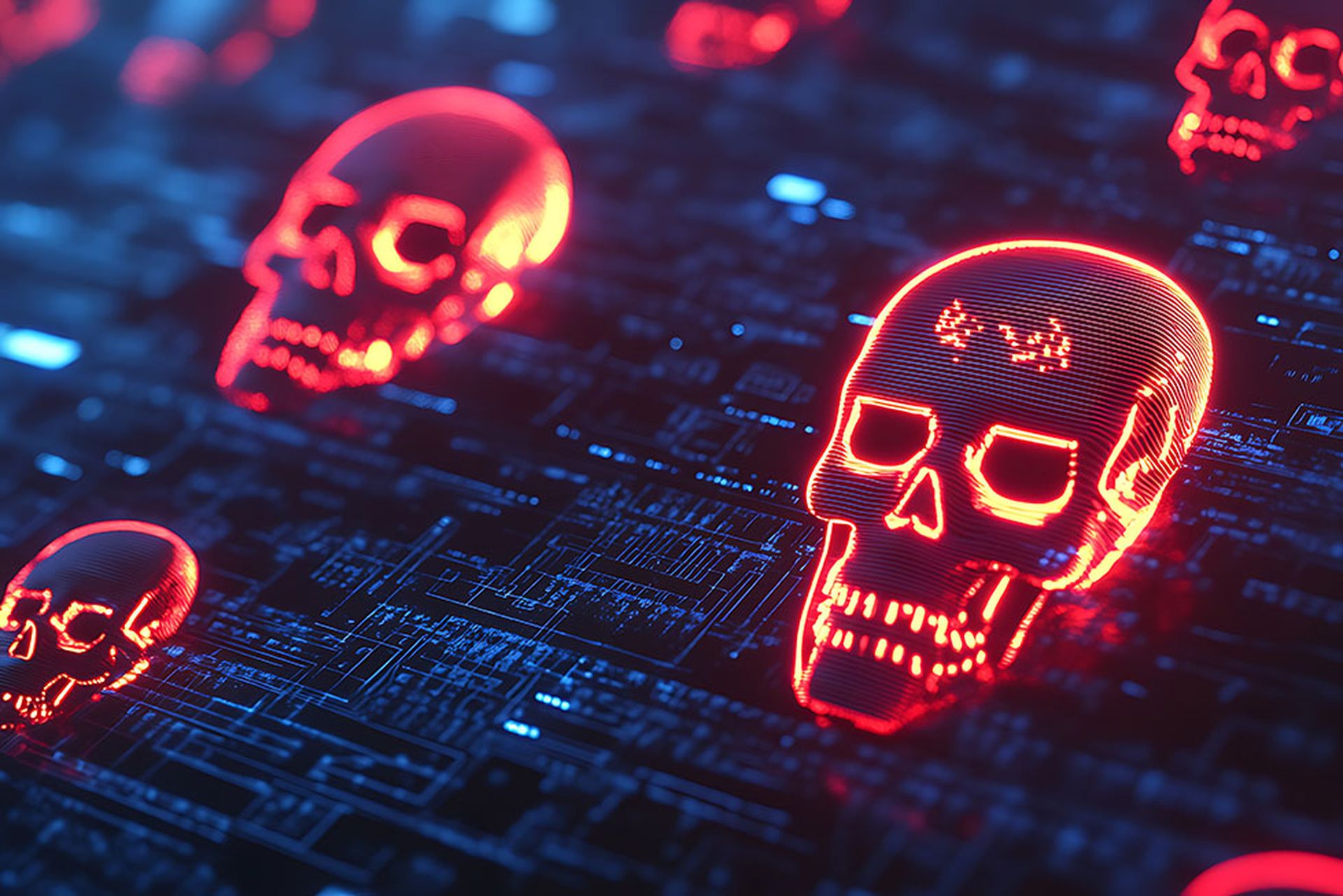COMMENTARY: If there’s just one takeaway from 2024’s escalating cyber threats, technological mishaps, and emergence of AI at-scale, it’s this: the industry can't stay complacent in 2025.
From the widespread fallout of Crowdstrike’s untested software update to the national security implications of the Salt Typhoon telecom breaches to the evolving sophistication of AI-driven cyberattacks, organizations have been forced to confront the fragility of their digital ecosystems. The only viable response: improve operational resilience by fostering a culture of proactive risk management and strengthening cyber defenses.
[SC Media Perspectives columns are written by a trusted community of SC Media cybersecurity subject matter experts. Read more Perspectives here.]
Here are five events, trends, and incidents from 2024 and the corresponding implications that should spur organizations to embrace innovation, enhance collaboration, and fortify systems against an increasingly complex and interconnected threat landscape:
Implications: Despite a swift and proficient response from Crowdstrike, this incident exposed the dire consequences of insufficient software testing and inadequate quality assurance. Moving forward, organizations are likely to adopt stricter update protocols, conduct more rigorous pre-release testing, and prioritize contingency planning. It also underscores the need for robust incident response strategies to quickly mitigate and recover from software-related business disruptions.
Implications: The event highlights critical vulnerabilities in national communication infrastructures. It should drive increased investment and upgrades in telecom security and stricter oversight to safeguard sensitive systems. Furthermore, this breach likely amplifies international discussions about cybersecurity norms and intensify diplomatic tensions around state-sponsored cyberattacks.
Implications: The attack highlights the potential impact of cybersecurity vulnerabilities in healthcare operational systems, specifically the gaps in defending against and recovering from highly targeted ransomware campaigns. Repercussions are likely to include regulatory bodies enforcing stricter data protection and incident reporting frameworks, and healthcare organizations adopting proactive measures to defend against ransomware.
Implications: This trend necessitates integrating AI into cybersecurity defenses to counter these threats. Organizations will need to innovate rapidly, implementing AI-enhanced risk and threat detection along with remediation capabilities. At the same time, the rise of AI in both offensive and defensive operations brings a number of challenging topics to the forefront, particularly around the weaponization of AI, transparency and accountability, and autonomy and control.
Implications: The scale and volume of data breaches highlight gaps in exposure management and the critical need for comprehensive data protection. Organizations will likely invest heavily in security testing, encryption, access controls, and employee training, and regulators are likely to respond with more stringent privacy laws, emphasizing the importance of transparency and timely breach notifications.
These five events remind us that cybersecurity is not an isolated IT function, but a fundamental pillar of business survival and trust. The lessons from 2024 cyber events — whether software failures, sophisticated breaches, or the disruptive potential of AI — are clear: something must change.
Organizations must prioritize a proactive, layered approach to exposure management, foster collaboration internally, and remain agile in adapting to risks and evolving threats. Security teams need to act decisively—innovate, invest, and fortify—to ensure organizational resilience in an increasingly volatile digital world.
Yoran Sirkis, chief executive officer, Seemplicity
SC Media Perspectives columns are written by a trusted community of SC Media cybersecurity subject matter experts. Each contribution has a goal of bringing a unique voice to important cybersecurity topics. Content strives to be of the highest quality, objective and non-commercial.




